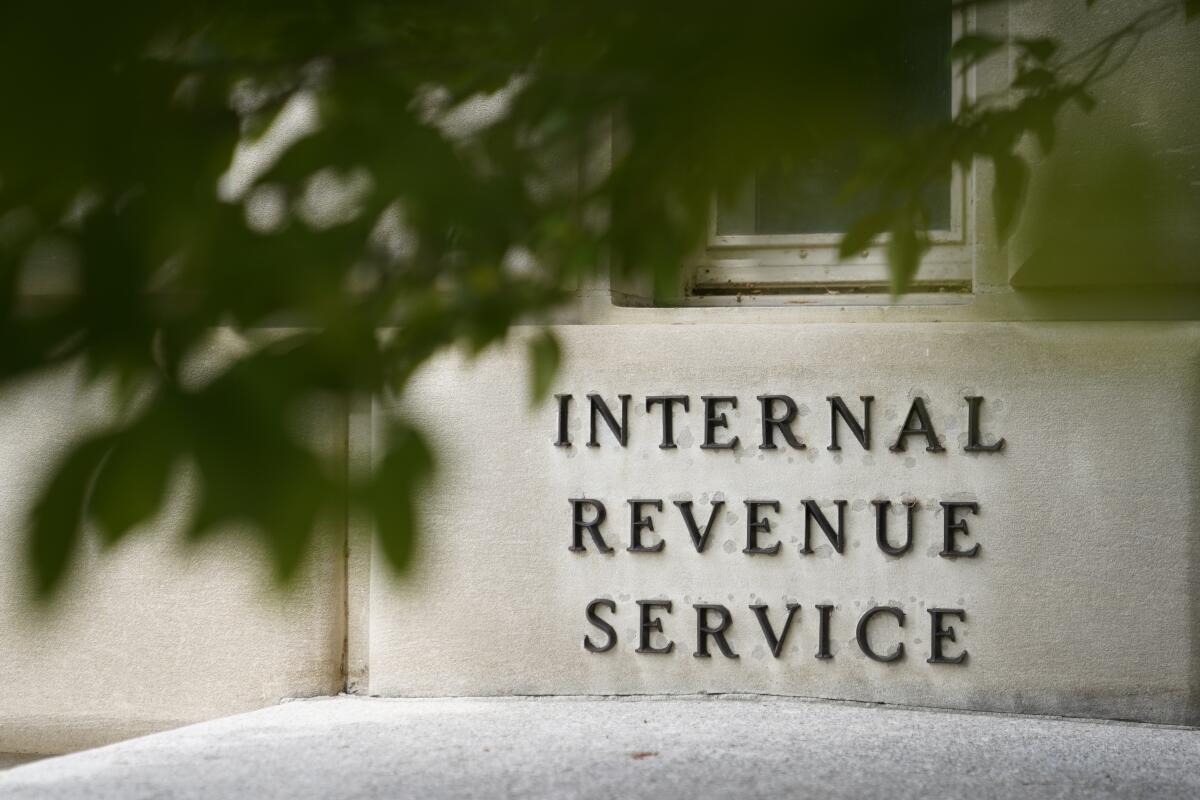How to minimize taxes after you retire

- Share via
Dear Liz: In preparing my 2021 tax returns, I was dismayed to find out that my first required minimum distributions from my retirement account have pushed me into the highest tax bracket ever in my life and caused 85% of my modest Social Security benefit to become taxable. Since I retired five years ago at full retirement age, I never had to pay taxes on my Social Security as it was the majority of my income. In my remaining years, I wonder if there is anything I can do to avoid paying about $8,000 to $9,000 a year in income taxes!? Even a partial conversion from a 401(k) to a Roth IRA would surely increase my Medicare Part B premium, another financial problem. I am not rich, just average middle class, and my financial goals are to carefully plan my necessary expenses so that I will not run out of funds. I do not need to leave an inheritance to my two adult children.
Answer: You’re probably correct that Roth conversions aren’t the answer now, although they may have been helpful earlier. You also may have been able to reduce the overall taxes you pay by waiting until age 70 to claim Social Security and taking distributions from your 401(k) instead.
You can discuss your situation with a tax pro to see if there are any other opportunities for reducing your taxes. Mostly, though, your situation is a good illustration of why it’s so important to get professional financial planning and tax advice well before you retire. Even if you think you’re well informed, you’re inexperienced — you’ve never retired before, whereas experienced financial planners and tax pros have guided many people through this phase of their lives.
Some of the decisions you make around retirement are irreversible and can have a profound effect on how much money you can spend. Ideally, you’d meet with a fee-only, fiduciary financial planner five to 10 years in advance of your retirement date and have several check-ins to make sure your financial plan is sound before you give notice.
The Secure Act dramatically limited “stretch IRAs,” which allowed people to draw down an inherited IRA over their lifetimes.
Switch to electronic documents
Dear Liz: I have to disagree with your suggestion to switch to electronic documents versus using the U.S. mail. People need to keep an eye on dubious actors like cable and cellphone companies, where it’s important to pay attention to sneaky new charges or “expiring discount rates.” The same is true for credit cards, where fraudulent charges are likely to appear. I know I will open and read a bill in the mail while email is much more likely to be deleted unread. It’s a personal preference, but I think it’s sound financial discipline. Also, good luck trying to refinance or get a loan using e-statements — lenders refuse them.
Answer: Your last statement may have been true for some lenders before the pandemic, but the financial industry was rapidly digitizing even before the lockdowns began. After all, uploading electronic documents is much faster and more secure than relying on the mail. Our last refinance was handled entirely electronically, although we did have to sign a few closing documents in person with a notary who sat six feet away on our porch. Even if our lender had asked for a paper copy of an electronic document, though, that wouldn’t have been a problem: That’s what printers are for.
If you’re in the habit of scrutinizing paper bills while ignoring your email, switching to electronic documents can be tricky. Some people use personal finance apps to help them monitor what’s happening in their accounts while others put reminders on their calendars to review their transactions.
Reminders also can help you avoid paying more when you take advantage of a limited-time offer, such as an introductory rate for a service or a teaser rate on a credit card. Put the expiration date on your calendar as a prompt to renegotiate with the company or find another deal.
Simplifying your finances also can help you more easily spot fraud and unnecessary charges. It’s easier to monitor one checking account, one savings account and one credit card than a bunch of accounts spread across multiple companies.
Of course, there will be some people who simply can’t change the habits of a lifetime. For those who can, though, electronic documents are the way to go.
Liz Weston, Certified Financial Planner, is a personal finance columnist for NerdWallet. Questions may be sent to her at 3940 Laurel Canyon, No. 238, Studio City, CA 91604, or by using the “Contact” form at asklizweston.com.
More to Read
Inside the business of entertainment
The Wide Shot brings you news, analysis and insights on everything from streaming wars to production — and what it all means for the future.
You may occasionally receive promotional content from the Los Angeles Times.











